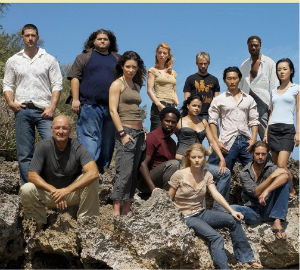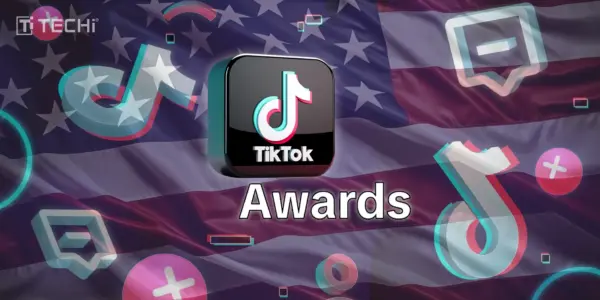Over the past couple of days, it feels like half the web is chatting about the finale of Lost. But whether you think the surprising ending or the show itself was worthy of all the hype, one thing is clear: people are heading to the internet to talk about it.
But giving people a chance to talk about TV isn’t the only way the web helps our affection for the boob tube. Here are 5 ways the internet is making TV better:
1. The Real-Time Water-cooler

Okay, hands up: how many of you watched Lost or other popular shows with smartphone in hand, tweeting your reactions? And it was awesome, right? While luddites whine about how ‘people can’t focus anymore’, social tech-heads know that reacting and conversing in real-time on Twitter and Facebook make TV so much better.
Instead of just chatting with the one or two people next to you, or gathering at work or school the next day, the real-time web has become the new virtual water-cooler: the place where thousands of people gather to discuss, dissect and just geek out over their favorite shows, often as they happen.
2. Watch on Your Schedule, Not TV’s
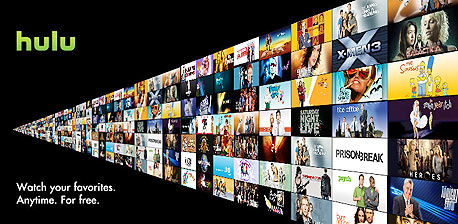
Sure, Tivos and DVRs have let people record shows for some time now. But the arrival of ‘TV on the web’ is an even greater improvement. Not only is the selection much broader than the things you remember to record, having things available on the web means you can watch them on your laptop or sometimes even a portable device, freeing you to move around.
Much more importantly, instead of dropping everything to watch your go-to shows, you control when entertainment fits into your life. So you can kick back with The Big Bang Theory with your morning coffee, Bones after the gym, or Treme on a Saturday afternoon. It’s all up to you and what works best in your schedule.
3. Online Catch-Up Makes For Better Shows
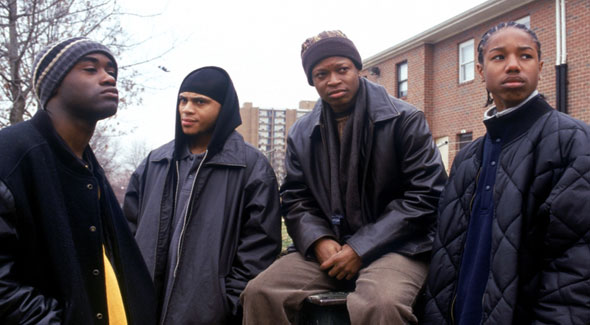
Having the TV on the web isn’t just about convenience though; it helps quality too.
See, years ago, it was really risky to make a serial drama like Lost – where you have to watch the show from beginning to end to get what’s going on – because anyone who missed the first couple of episodes would give up on watching the rest of the show.
But now that people can catch up on the web, it’s less of a risk for TV producers to make shows with longer, more complex stories, because if a show gets buzz, people can go back and watch online. So instead of another Law and Order spinoff, you get better shows like Lost, Friday Night Lights or The Wire that have longer, more involved plots. So the web is part of the reason we’re all getting better TV.
4. The Web Saves Niche Shows
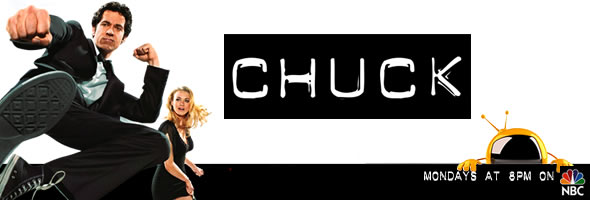
But wait, there’s more! Not only does the web make TV more compatible with your schedule, it can give shows with niche appeal a wider audience. Not only do shows like Chuck, Glee or Community get boosted by their large online fanbase, some shows – like Futurama or Family Guy – actually get resurrected after being canceled.
Because the internet allows for an easy way for fans to connect with the shows they love on their own time, it can also gather all that fandom to save shows that would otherwise would have gone to great trashcan in the sky. Now, if only someone could invent a time machine so we can go back and save Firefly.
5. Future Tech Will Meld the Best of Both Worlds

While for some time now we’ve talked about the web and TV as two separate things, that distinction will likely disappear in time. And if Google TV is the first step, then the future of TV will be about making things easy, searchable and ‘portable’ i.e. your shows and subscriptions will move between formats and devices.
Plus, what about an iPhone or Android App instead of a remote control? Or a live Twitter stream next to your favorite show? Or the full range on internet video on your TV?
The future will be about combining the best of the web and the TV: it will make TV more social and easy-to-organize, while bringing some of TV’s straightforward simplicity to the sometimes chaotic, overwhelming world of web video.
